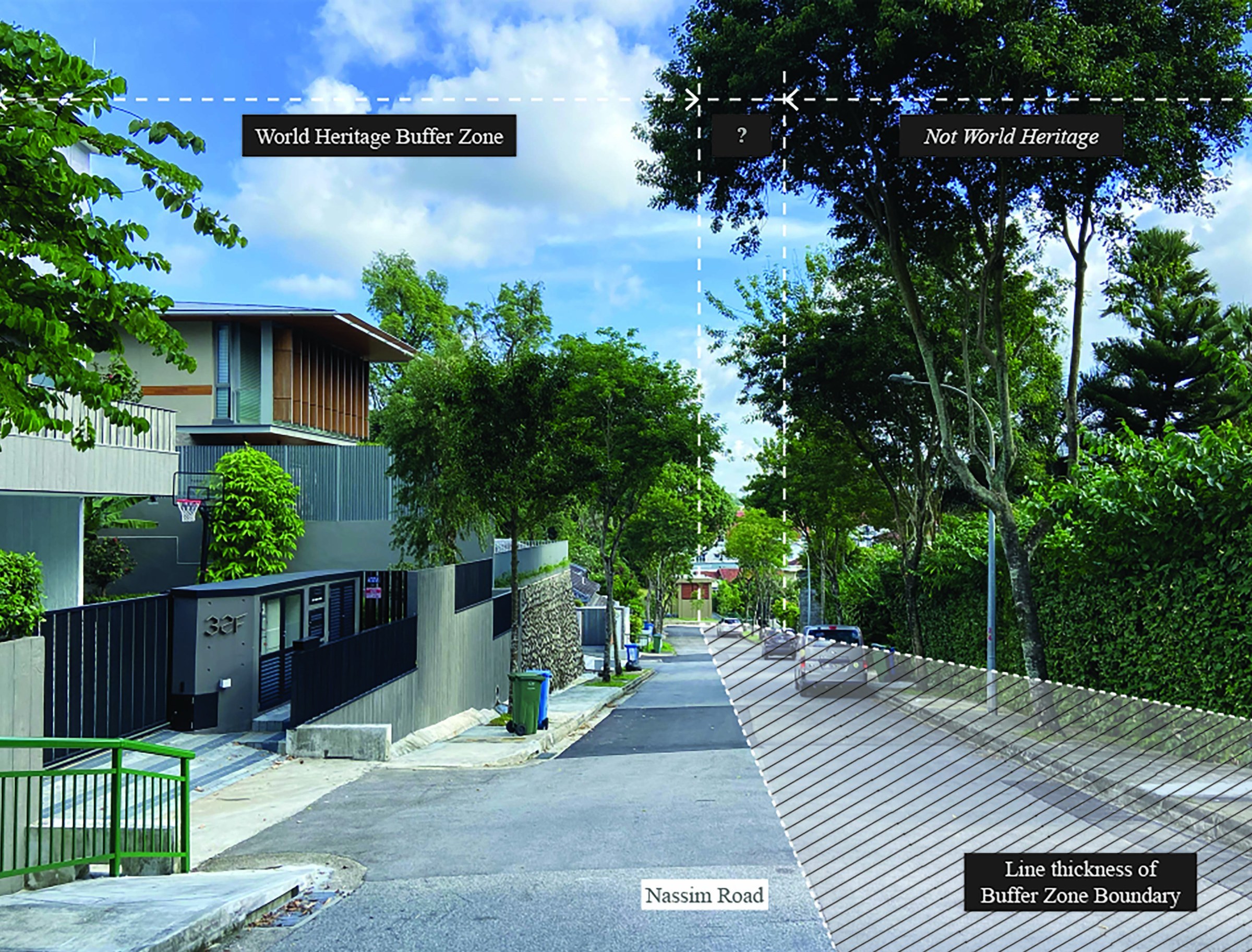2025 ACSA Course Development Prize
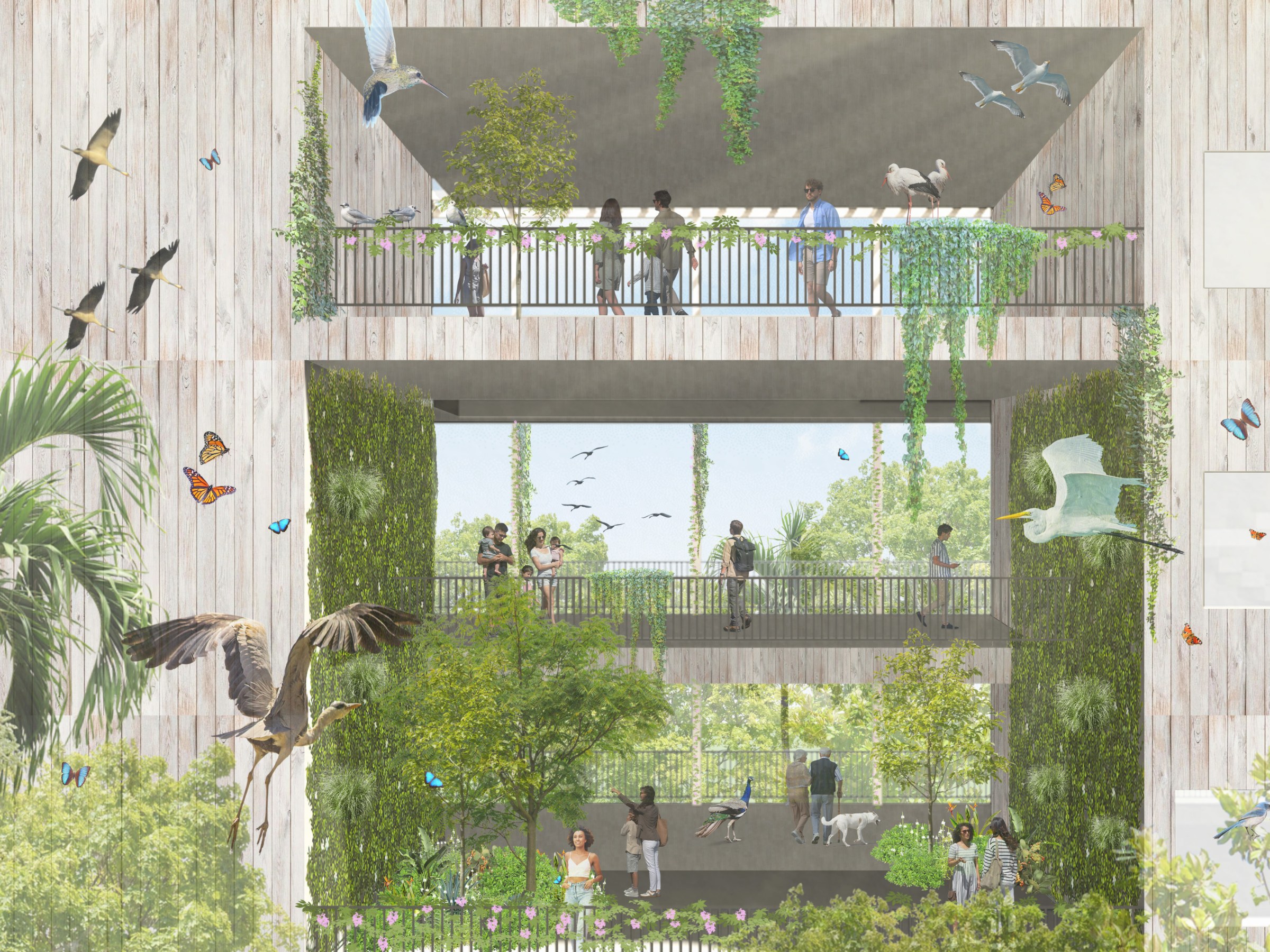
February 5, 2025
BY Naomi king englar
The architecture research studio "Carbon Budget Zero," led by Sonsoles Vela, Assistant Professor of Architecture at Tulane School of Architecture, is one of two winners of the esteemed 2025 Course Development Prize in Architecture, Climate Change, and Society.
This prize is sponsored by Columbia University’s Temple Hoyne Buell Center for the Study of American Architecture and the Association of Collegiate Schools of Architecture (ACSA). Vela's course and the other selected course will be taught at ACSA member schools across the world in the coming years.
As a selected winner, Vela will receive a cash prize to support the research studio course within the next two years. The school's Center on Climate Change and Urbanism provided initial, start-up financial support for the studio in Fall 2024.
Carbon Budget Zero | Climate Positive: Sonsoles Vela
Course Syllabus (pDF)
The research studio sets out with a bold aim: to use embodied and operational carbon as design parameters in new or stock-built environments, paving the way for constructing buildings and cities with a zero-carbon footprint. This approach integrates carbon footprint as the primary performance measure and promises a sustainable future.
At the heart of the research is a central question: “How can design be developed to achieve a zero-carbon budget?” This inquiry shapes the research agenda and envisions a future where carbon neutrality is the standard.
The exploration is twofold, enabling a thorough investigation of the topic. On one side, the studio focuses on operational carbon actions, examining both passive and active strategies along with renewable energy systems to enhance efficiency and reduce operational emissions. On the other side, it delves into embodied carbon actions, emphasizing low-carbon materials and innovative methods that align with the natural carbon cycle. This involves reimagining design approaches by prioritizing the principles of reuse, reduction, and sequestration and considering materials as strategies for carbon storage while exploring alternatives to conventional building materials.
The course will explore questions related to climate adaptation across three iterations, each focusing on a distinct climate zone. The first iteration will concentrate on the Southeast climate, with the theme “Reimagining New Neighborhoods as a Carbon Bank.” The second will address the Northeast climate, titled “Envisioning Adaptive Use as a Supportive Carbon Bank,” while also examining the limitations of adaptive reuse and emphasizing human-centric design. The final iteration will focus on the Pacific Southwest climate, titled “Transforming Adaptive Use and New Additions in Key Areas into a Carbon Bank.” Each phase of the research will identify a specific location where opportunities for new development, adaptations, or hybrid models can be explored, demonstrating the practical application of the research in real-world contexts.
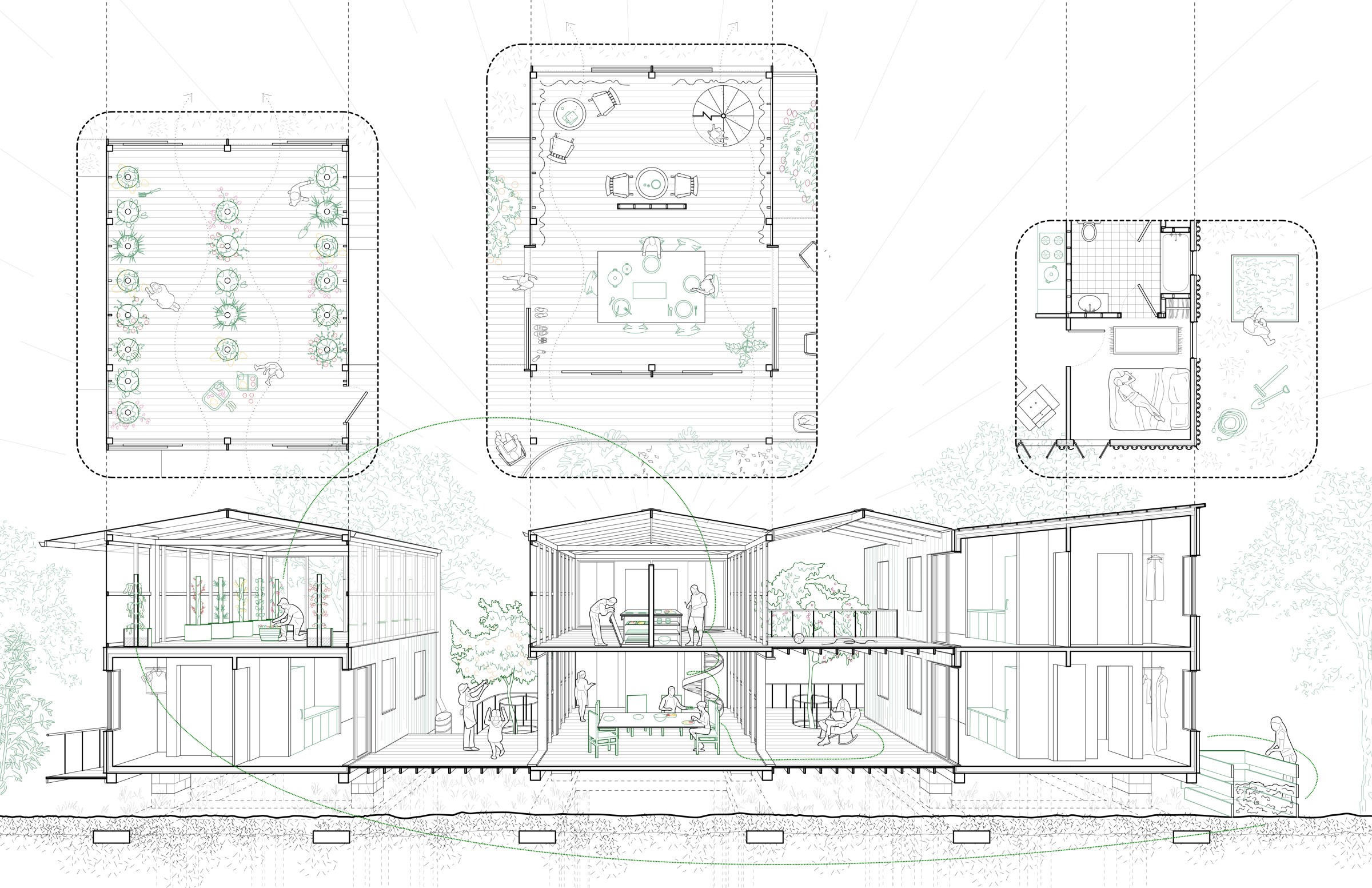
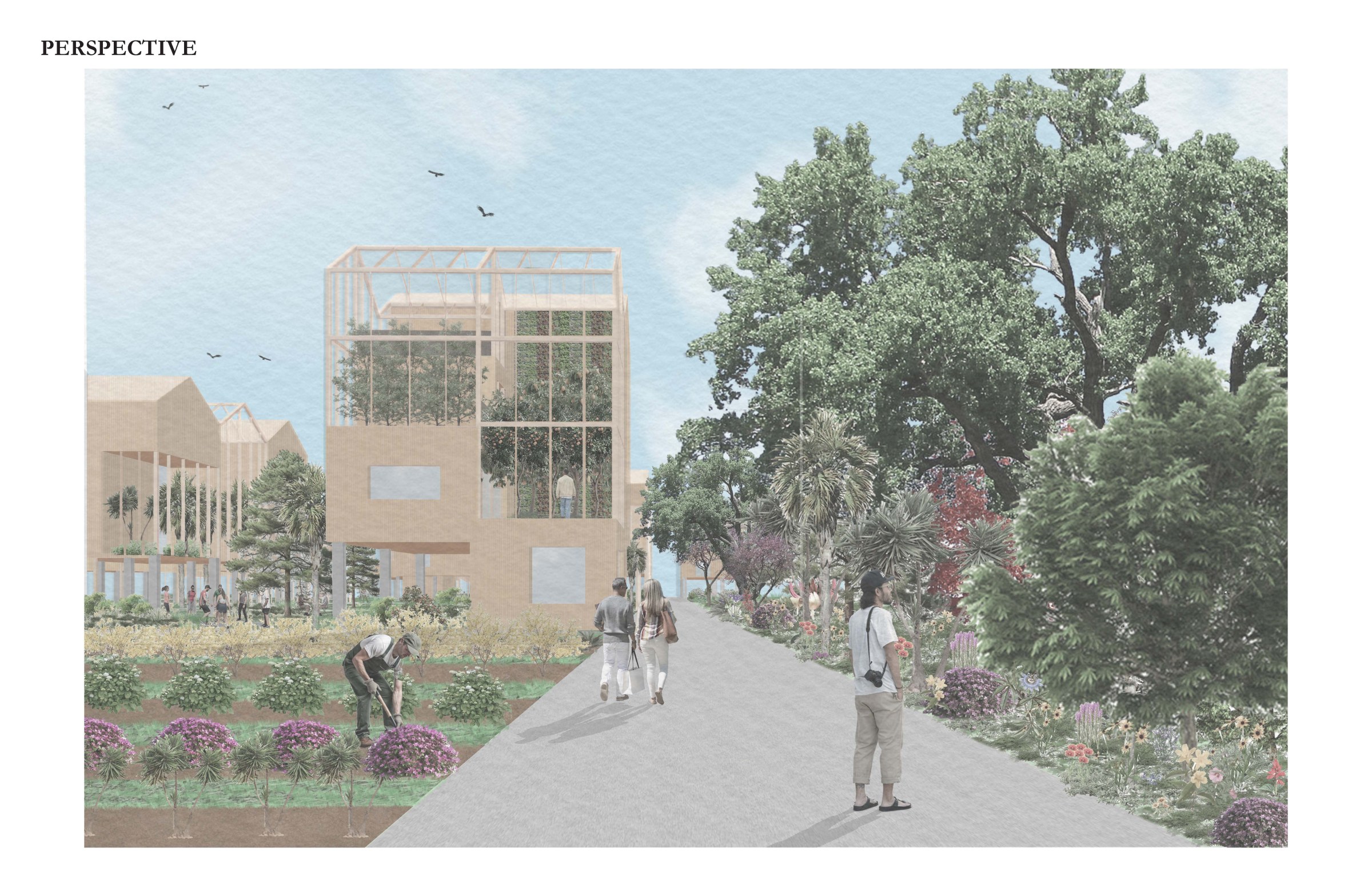
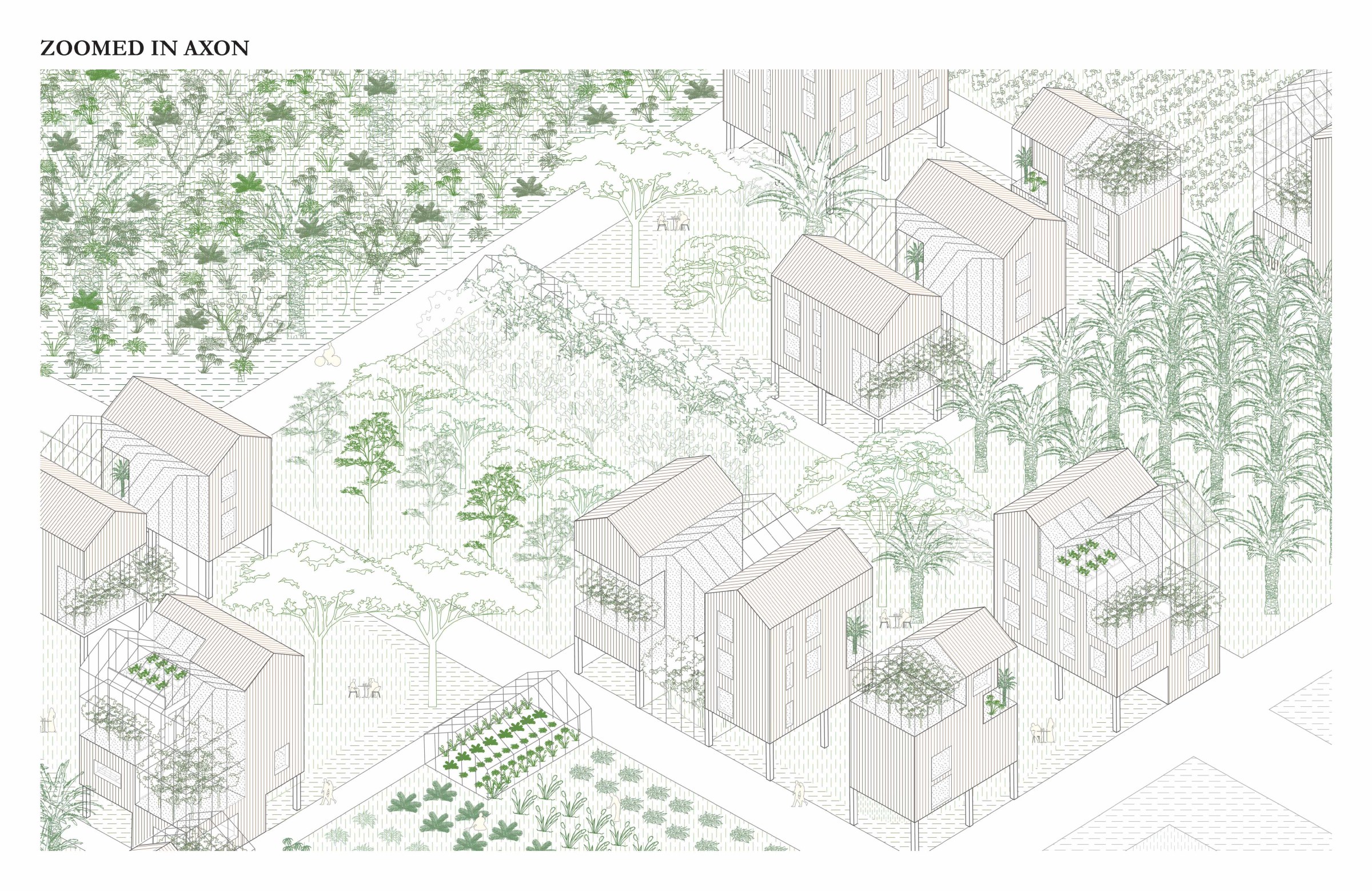

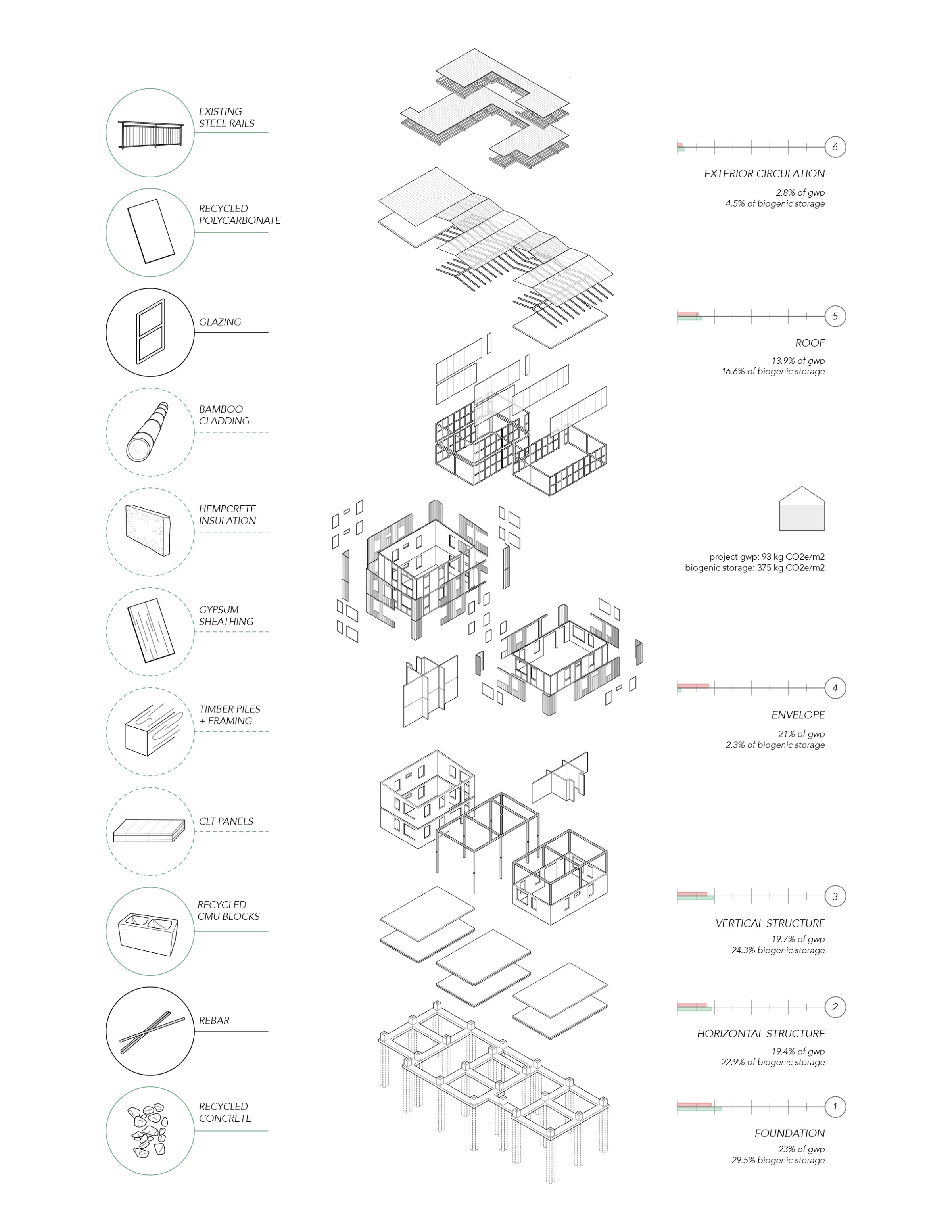
Related
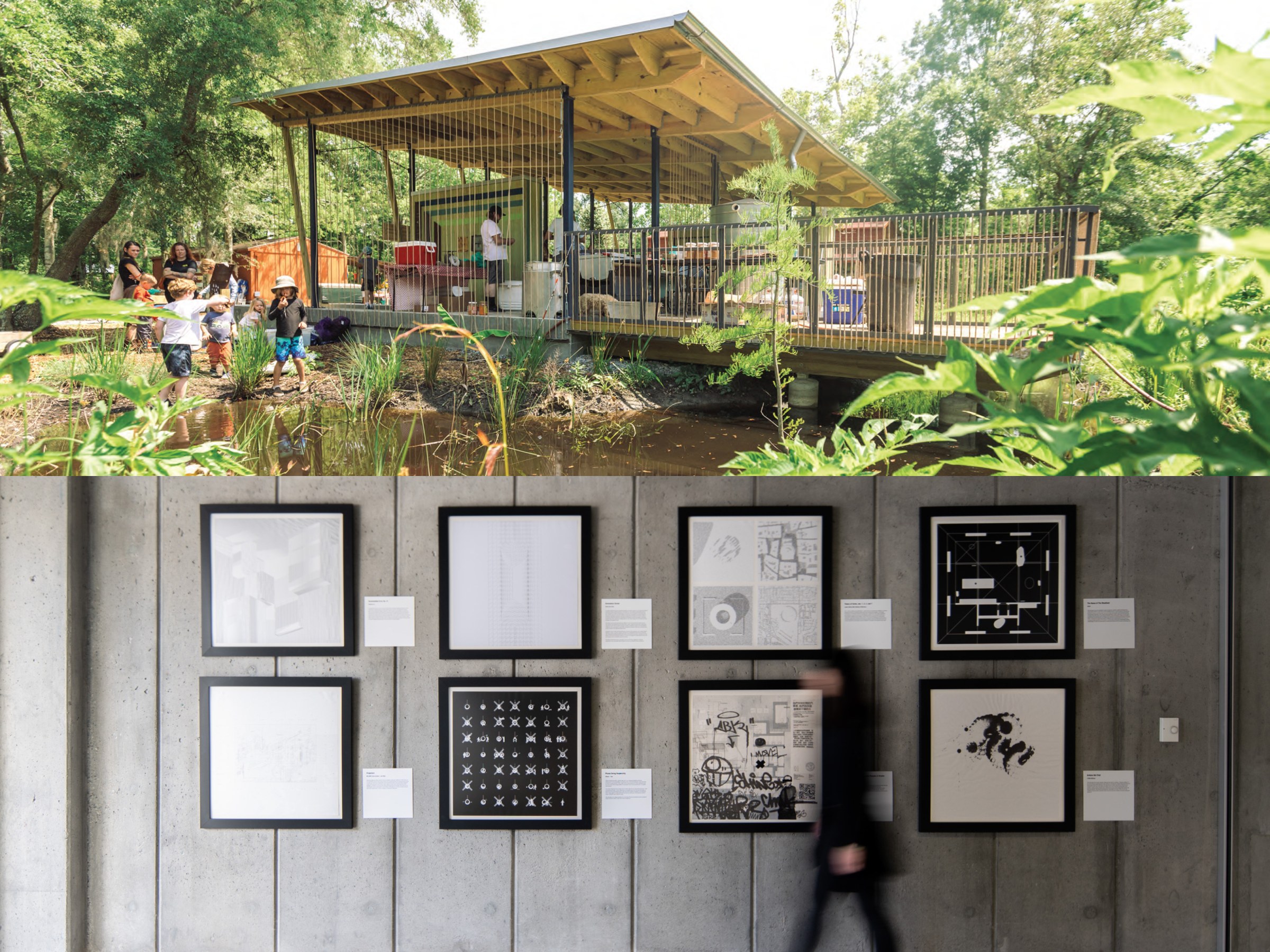
Tulane wins Architectural Education Awards 2025
The work of Tulane faculty and students recently received national recognition from the 2025 Architectural Education Awards, presented by the Association of Collegiate Schools of Architecture (ACSA). The awarded work includes a design-build project and a book and exhibition.
Faculty wins Dissertation in International Planning Award
Aarthi Janakiraman, PhD, Assistant Professor of Preservation and Urbanism at Tulane School of Architecture (TuSA), received the 2024 Gill-Chin Lim Award for the Best Dissertation on International Planning.
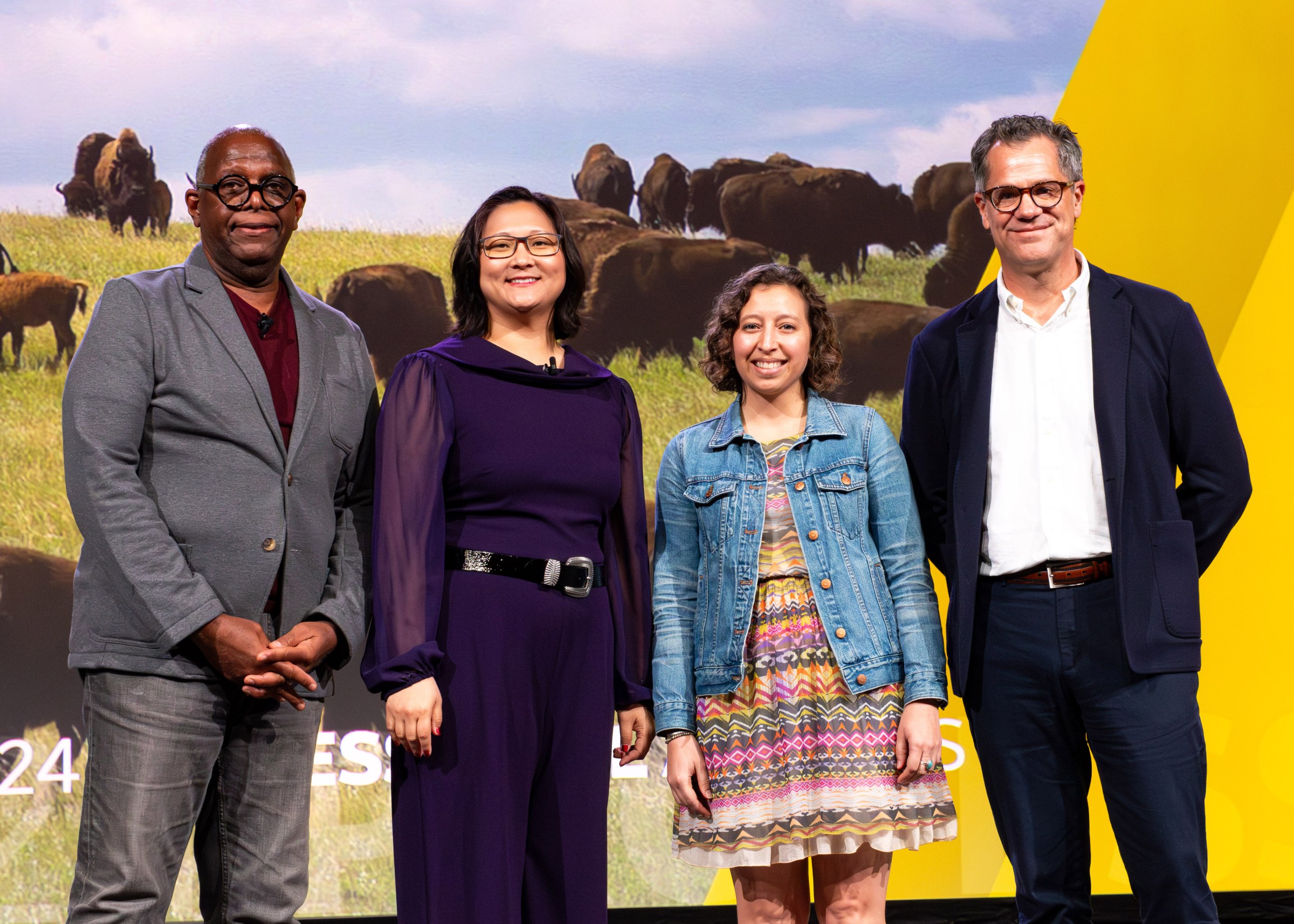
ASLA National Honor Award for Analysis and Planning
Wes Michaels, Associate Professor of Landscape Architecture, in collaboration with the Fort Peck Assiniboine and Sioux Tribes, alongside the EPA and FEMA, has received the prestigious 2024 American Society of Landscape Architects (ASLA) National Honor Award for Analysis and Planning.
